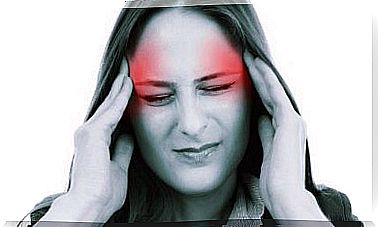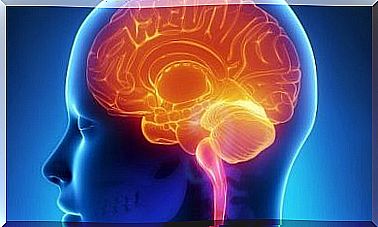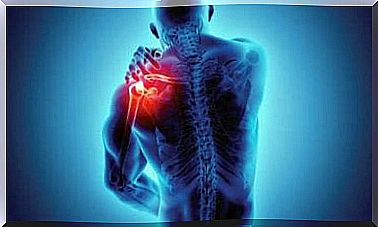Hypocalcemia: Symptoms And Treatment
Hypocalcemia is characterized by too low a level of calcium in the blood. Learn more about symptoms and treatment here.
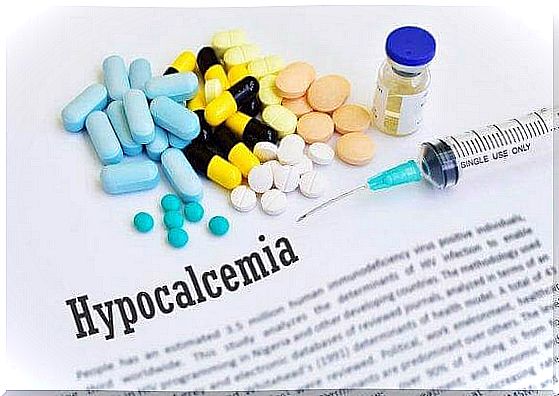
Calcium is one of the essential minerals for optimal health. When the level of calcium is extremely low in the blood, it is called hypocalcemia, a rather common disease.
Calcium performs two very important functions at the intracellular and extracellular level.
- Intracellular level. Calcium is involved in various enzymatic reactions and is important for the transmission of nerve signals.
- Extracellular level. Calcium plays an important role in endocrine secretion, coagulation and motor plaque.
It is essential to take these two levels into account, as most symptoms of hypocalcemia are closely related to these levels.
Now let’s see in more detail the important points of this disease.
Symptoms
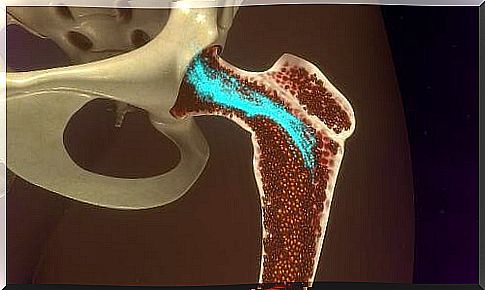
One of the main organs affected by hypocalcemia is the bone which needs calcium for its formation.
The following conditions favor the onset of hypocalcemia:
- a lack of vitamin D
- chronic kidney disease
- serious blood problem such as a diagnosis of leukemia
In all cases and in many more, the main organs that begin to suffer the consequences of a lack of calcium in the blood are the bones, the intestines and the kidneys.
More specifically, the different symptoms of the disease are as follows.
- Increased excitability of the motor plate. Spasms occur in the muscles, which are usually very painful. They usually affect the muscles of the extremities. This symptom is known as tetany.
- Fatigue and weakness. Patients with hypocalcemia are much more tired than normal. Diarrhea and weight loss, two other common symptoms of this disease, can explain this fatigue.
- Psychosis and anxiety. These two symptoms are quite common. Patients begin to express a change in their sense of reality and several anxiety attacks follow this change.
- Paresthesia. In addition to the spasms, patients may experience a tingling, numbness, and burning sensation in different parts of the body. At times, they experience sharp pain.
We have presented some common symptoms of hypocalcemia, but there are many others, such as arrhythmias or the low blood pressure, among others.
The treatment
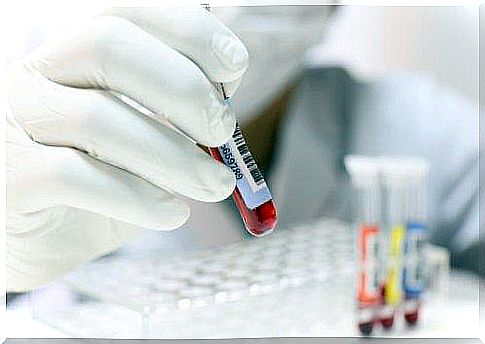
To verify that an individual does indeed suffer from hypocalcemia, the patient will have to do a blood test.
Thanks to this blood test, the doctor will know if it is necessary to start treatment to treat this disease. It will also be able to detect the type of hypocalcemia from which the patient is suffering.
Acute hypocalcaemia
This first type of hypocalcemia is considered severe. The patient must be taken care of immediately. Treatment consists of administering calcium gluconate intravenously.
While the patient is receiving treatment, he or she must be under medical supervision at all costs. The reason is as follows: this necessary treatment can nevertheless cause cardiac arrhythmias.
Chronic hypocalcaemia
Being chronic means that the patient has serious problems in stabilizing and balancing his blood calcium levels and, therefore, suffers from this disease over a long period of time.
For this reason, the patient’s condition must be monitored on an ongoing basis. Treatment consists of taking oral calcium and vitamin D supplements.
This case of hypocalcemia is not as serious as the previous case, but requires constant monitoring: the calcium level must be monitored.
Once the diagnosis is established, checks should take place every week. After a certain time, these checks will take place only once a month, and then again after a certain time, every three months.
As is the case with people with hypo or hyperthyroidism, patients with hypocalcemia should not miss the checks indicated by the doctor.
Chronic hypocalcemia does not know a risk of arrhythmias, but kidney stones can appear. To solve this problem, you need to limit your salt intake.
We hope that this article has enabled you to know a little more about this disease which many people suffer from but whose name is not yet well known.
Have you ever suffered from hypocalcemia? What type of hypocalcemia have you suffered from? Tell us everything!

